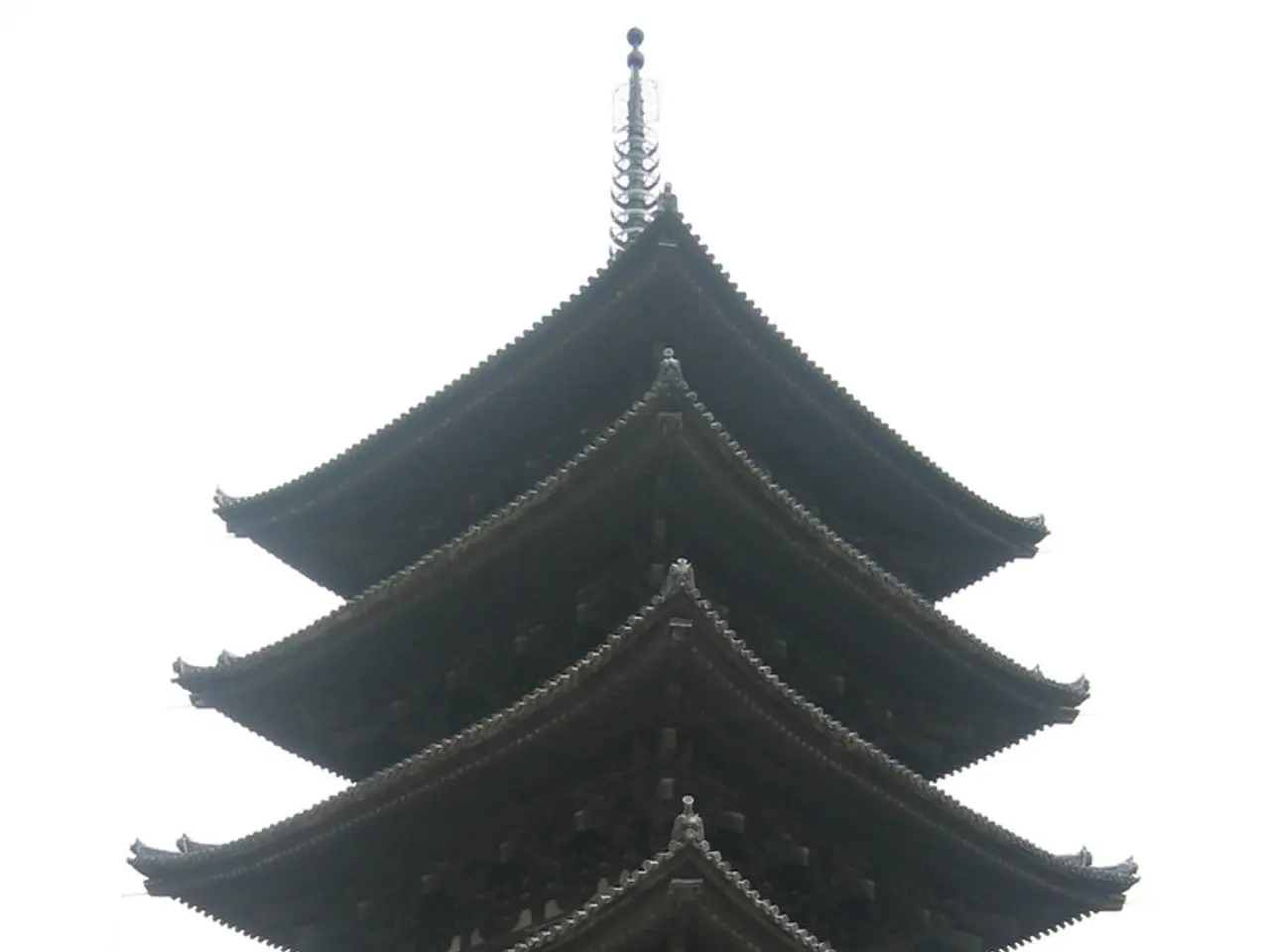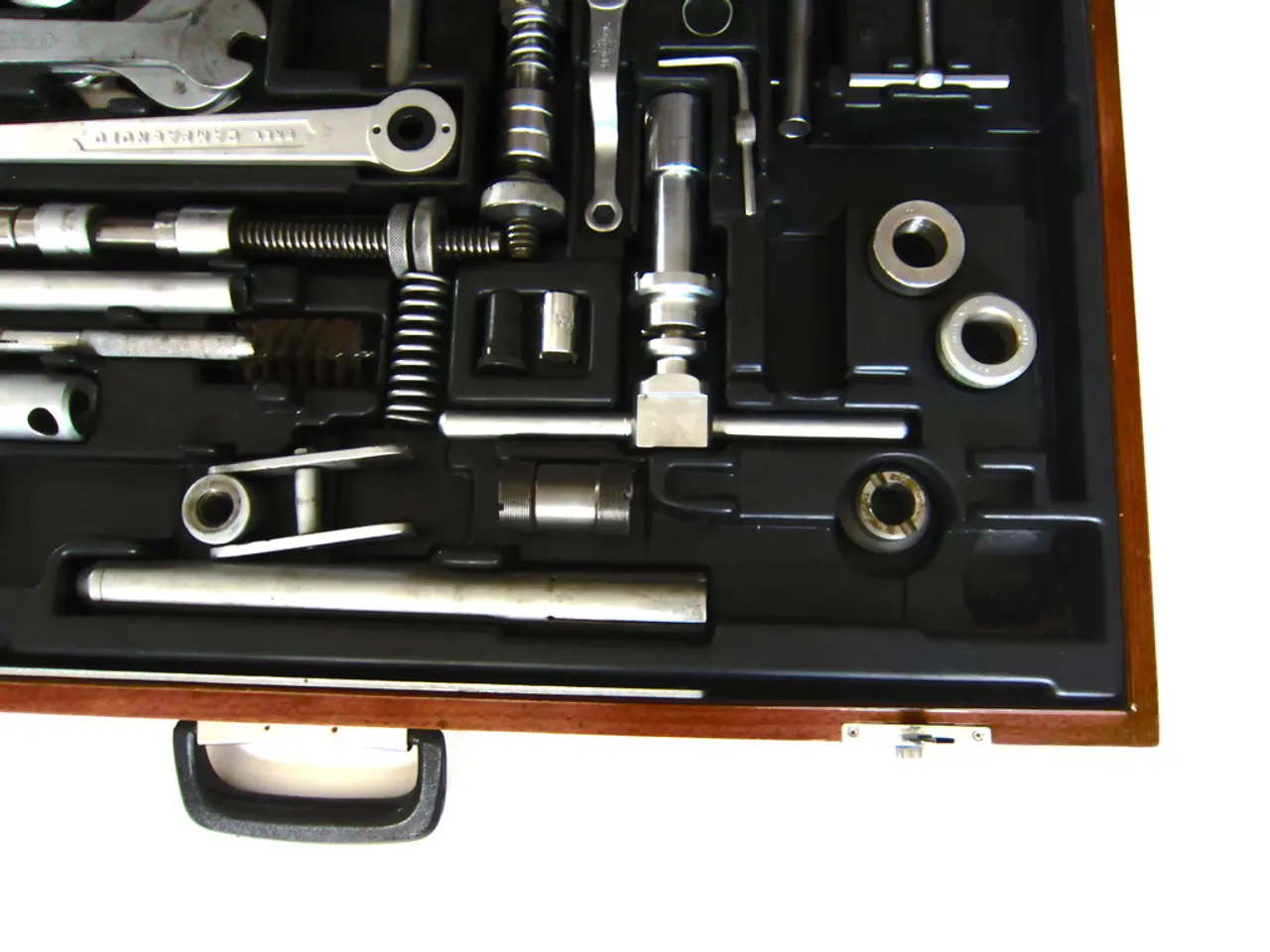Chinese automotive giant BYD operating its Indian ventures from afar amid heightened tensions between India and China.
BYD Faces Operational Challenges in India, Tesla Avoids Local Manufacturing Hurdles
Indian officials have turned down a $1 billion factory plan from Chinese electric vehicle (EV) manufacturer BYD, creating operational roadblocks for the OEM. Despite gaining popularity through competitive pricing and local assembly of semi-knockdown (SKD) units, BYD's plans for full-scale local production have been stalled due to regulatory and geopolitical concerns.
In contrast, Tesla, the American EV giant, has entered India through imports (CBUs), focusing on the luxury segment with its Model Y and premium branding. Local manufacturing discussions for Tesla initially stalled but were not outright rejected.
BYD's Struggles in India
The rejection of BYD’s factory plans in India is linked to regulatory and policy constraints, particularly under programs like the Scheme to Promote Manufacturing of Electric Passenger Cars (SMEC). This scheme encourages automakers to set up local manufacturing to enjoy reduced import duties but imposes strict compliance and timelines, which BYD struggled to meet. Additionally, concerns about Chinese investments and geopolitical sensitivities have complicated BYD’s factory approval and expansion processes in India.
As a result, BYD's strategy in India is more about affordability and volume with localized assembly. However, these operational setbacks affect its ability to scale deeper manufacturing locally. Ketsu Zhang, BYD's managing director for India, has been unable to obtain a work permit since leaving the automaker's local base in Chennai. Consequently, high-level business interactions have taken place in Colombo in Sri Lanka, Kathmandu in Nepal, and Singapore.
Tesla's Indian Entry
Tesla, newer to India, has yet to establish a manufacturing base but faces fewer immediate operational restrictions since it imports cars initially. Elon Musk, the CEO of Tesla, met with Indian Prime Minister Narendra Modi in the US earlier this year, signalling potential future collaboration. Tesla opened its first showrooms in India on July 15, with deliveries set to begin as early as August 2025.
Range of BYD Models
BYD offers a range of cars in India, including the Seal, Atto 3, Seagull, Sealion 7, eMAX 7, and BattRE Electric Mobility LOEV. The Seagull, an upcoming model, boasts a range of 405 km. The range of the Sealion 7 is 567 km, the eMAX 7 has a range of 530 km, and the BattRE Electric Mobility LOEV, a BYD partner, has a range of 25 km. The Atto 3 has a range of 521 km. The BYD Seal has a range of 650 km.
Impact of Import Taxes on Tesla
This means that Tesla faces import taxes of as much as 110% for fully-assembled vehicles in India. However, the company doesn't have any immediate plans to establish local manufacturing in India. On-the-ground presence is particularly important for manufacturers, given the need for quick decision making, addressing productivity issues, and establishing community ties.
In summary, BYD's operational challenges stem from the denial of a planned factory due to regulatory hurdles and probable geopolitical caution, despite its strong local market presence through SKD assembly and affordable pricing suited for India’s price-sensitive EV segment. Tesla, on the other hand, has so far entered India via imports (CBUs), avoiding immediate factory setup complications, focusing on the luxury segment with its Model Y and premium branding; local manufacturing discussions stalled initially but were not rejected outright.
- The rejection of BYD's factory plan in India has hindered its efforts to establish full-scale local production, as regulatory and geopolitical concerns have complicated the approval process.
- In contrast, Tesla, the American EV giant, has entered the Indian market through imports, focusing on the luxury segment, and has yet to face the operational challenges encountered by BYD due to its struggle with local manufacturing.
- The impact of high import taxes on Tesla could potentially influence its decision to set up local manufacturing in India, given the importance of on-the-ground presence for quick decision making, addressing productivity issues, and establishing community ties.




